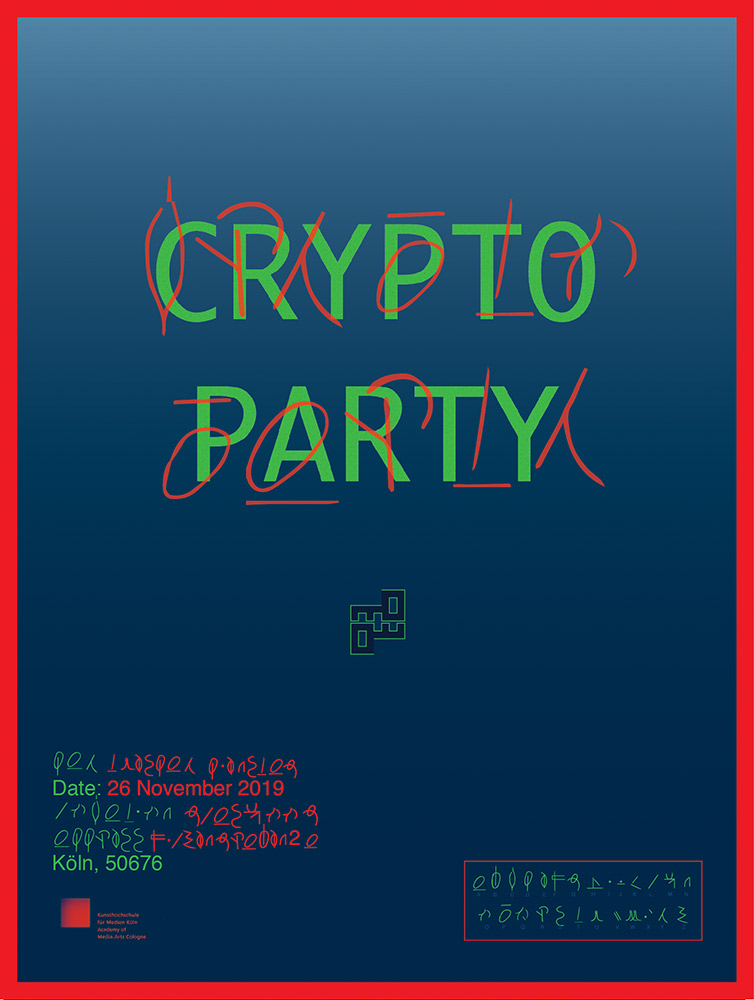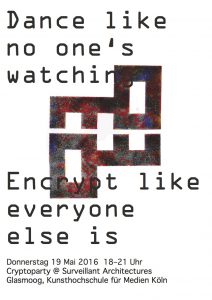Cory Doctorow’s answer to Shoshana Zuboff’s thesis. A long read, but well worth it.
What if the trauma of living through real conspiracies all around us — conspiracies among wealthy people, their lobbyists, and lawmakers to bury inconvenient facts and evidence of wrongdoing (these conspiracies are commonly known as “corruption”) — is making people vulnerable to conspiracy theories?
https://pluralistic.net/2020/08/26/destroy-surveillance-capitalism/#surveillance-monopolism
Postscript:
What I miss from the discussion about conspiracy myths is an acknowledgment that people usually have a fairly good “gut feeling” about what’s wrong. To quote Kurt Tucholsky: “Das Volk versteht das meiste falsch; aber es fühlt das meiste richtig.” *
So when Covidiots smell (in Corona-measures) a conspiracy to abolish freedom for ever, they’re obviously wrong. But I see it as an indication that many people know that for the last 20 years (!) fundamental rights in the “Democratic West” have been gradually abolished in the name of “security”. Or, as Cory Doctorow argues in that piece, it’s the trauma of the big financial crisis of 2007-2009 that still reverberates. The ongoing corruption that you get with big monopolies. Something is badly, fundamentally wrong, and everybody knows.
- yes, that Tucholsky quote is from 1931 Germany, using a whole different idea of who “the people” are (for one, it was a lot more homogenous demographic, and the public sphere hadn’t yet dissolved into a million bubbles). But the quote has always stuck with me as a reminder not to fall into easy sarcasm, or snarkyness, about a “the people”.



